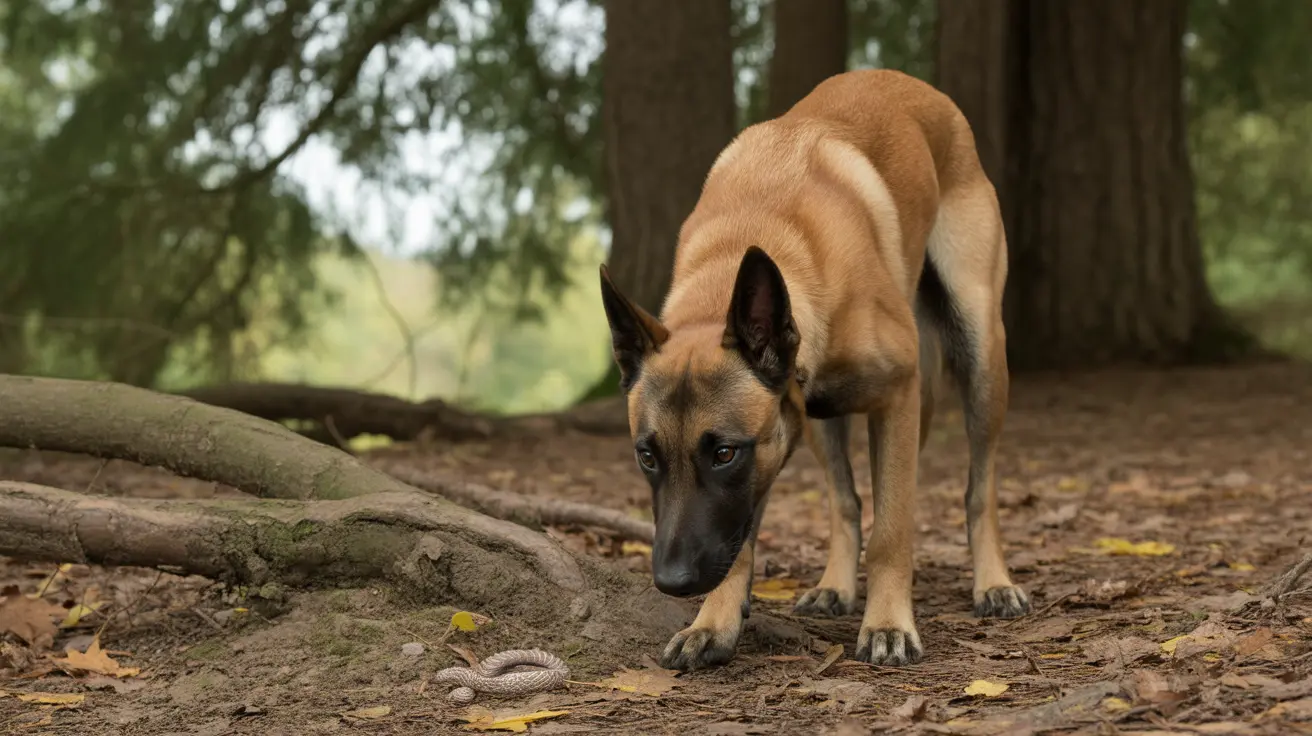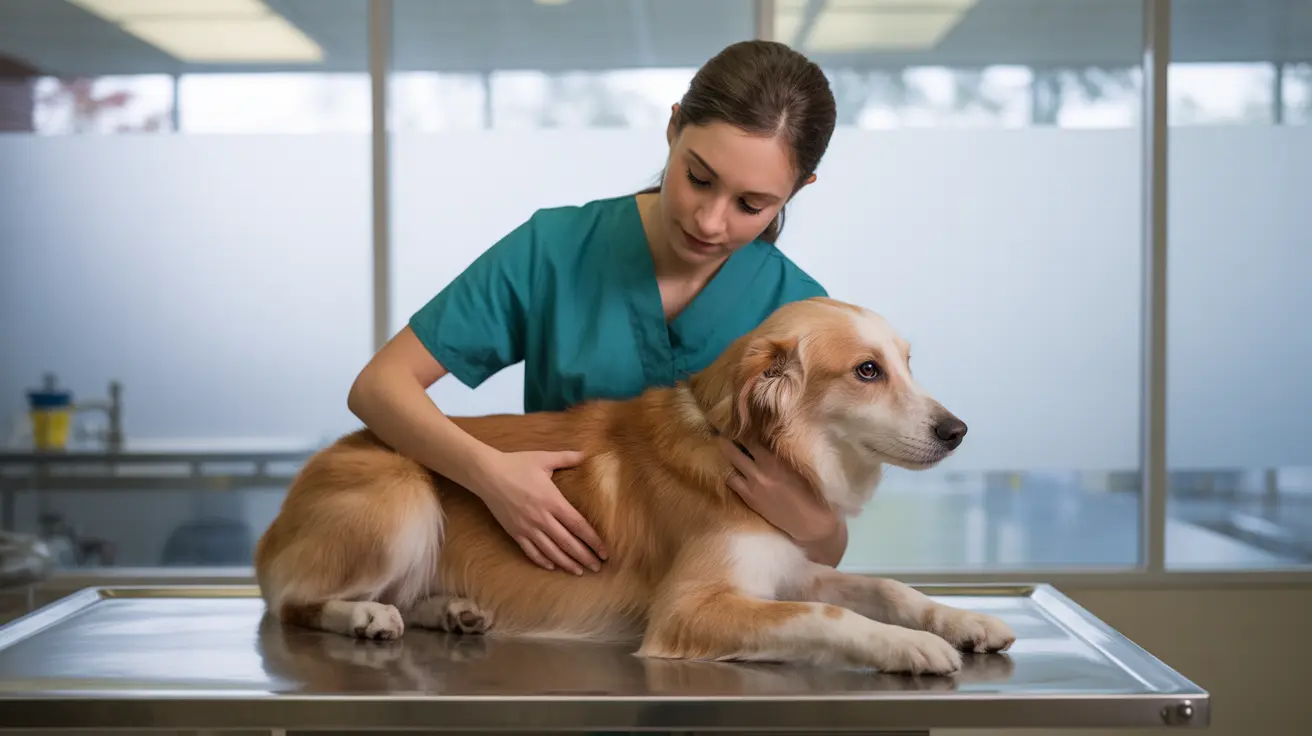Dogs are renowned for their incredible sense of smell, which is up to 40 times more powerful than humans'. This superior olfactory capability naturally leads many pet owners to wonder about their dog's ability to detect potentially dangerous creatures like snakes. Let's explore the fascinating relationship between dogs' keen sense of smell and their ability to detect these reptilian creatures.
While dogs can indeed smell snakes thanks to their highly developed olfactory system, the relationship between canine smell detection and snake awareness is more complex than you might think. Understanding this capability - and its limitations - is crucial for keeping your furry friend safe in snake-prone areas.
The Science Behind Dogs' Snake-Smelling Abilities
Dogs possess an extraordinary olfactory system that allows them to detect various chemical compounds, including those emitted by snakes. Snakes produce a distinctive musk as a defensive mechanism, which dogs can detect from considerable distances.
- Skin particles and scales
- Metabolic waste products
- Pheromones released by snakes
- Chemical traces left on the ground
Natural Responses and Behavioral Patterns
Contrary to what many might expect, dogs don't naturally fear or avoid snake scents. In fact, research shows that dogs often display curiosity rather than caution when encountering snake odors. This lack of innate fear can actually put them at greater risk for snake encounters.
Male dogs, in particular, tend to show more interest in snake scents compared to females, often spending more time investigating these unfamiliar odors. This behavioral pattern can increase their vulnerability to snake bites.
Breed-Specific Detection Capabilities
While all dogs can technically smell snakes, certain breeds excel at scent detection:
- Beagles
- Bloodhounds
- German Shepherds
- Belgian Malinois
- Labrador Retrievers
These breeds have particularly refined olfactory capabilities and are often used in professional snake detection work. However, this doesn't mean they naturally know to avoid snakes - training is still essential.
Training Dogs for Snake Safety
Professional snake aversion training can help protect your dog from dangerous encounters. This training typically involves:
- Teaching dogs to recognize snake scents
- Conditioning appropriate avoidance responses
- Practicing safety commands
- Simulated encounter scenarios
Regular reinforcement of this training is crucial, especially during snake-active seasons like spring and summer.
Frequently Asked Questions
Can dogs really smell snakes, and how far away can they detect snake scent?
Yes, dogs can smell snakes, and depending on conditions like wind direction and snake species, they may detect snake scents from several yards away. Their superior olfactory system allows them to pick up snake musk and other chemical signals long before humans would notice anything.
Why don't dogs naturally avoid snakes even if they can smell them?
Dogs lack an evolutionary fear response to snakes. Unlike humans, who often have an instinctive fear of snakes, dogs typically respond with curiosity to snake scents, which can lead to dangerous encounters.
What breeds of dogs are best at detecting snakes by scent?
Breeds with superior scenting abilities like Beagles, Bloodhounds, and German Shepherds excel at snake detection. However, any dog can be trained to recognize and respond appropriately to snake scents.
How can I train my dog to recognize and avoid snakes during outdoor activities?
Professional snake aversion training is the most effective method. This specialized training teaches dogs to recognize and avoid snakes through controlled exposure and positive reinforcement techniques. Regular practice and reinforcement are essential for maintaining these skills.
What are the common signs that my dog is curious about or has encountered a snake?
Common signs include sudden alertness, intense sniffing, pointing behavior, barking at specific areas, or showing unusual interest in ground-level objects. If your dog exhibits these behaviors in snake-prone areas, take immediate precautions.
Conclusion
While dogs can certainly smell snakes, this ability alone doesn't guarantee their safety. Understanding both the capabilities and limitations of your dog's snake-detection abilities is crucial for responsible pet ownership, especially in areas where snakes are common. Proper training and vigilance remain essential for keeping your four-legged friend safe from snake encounters.






